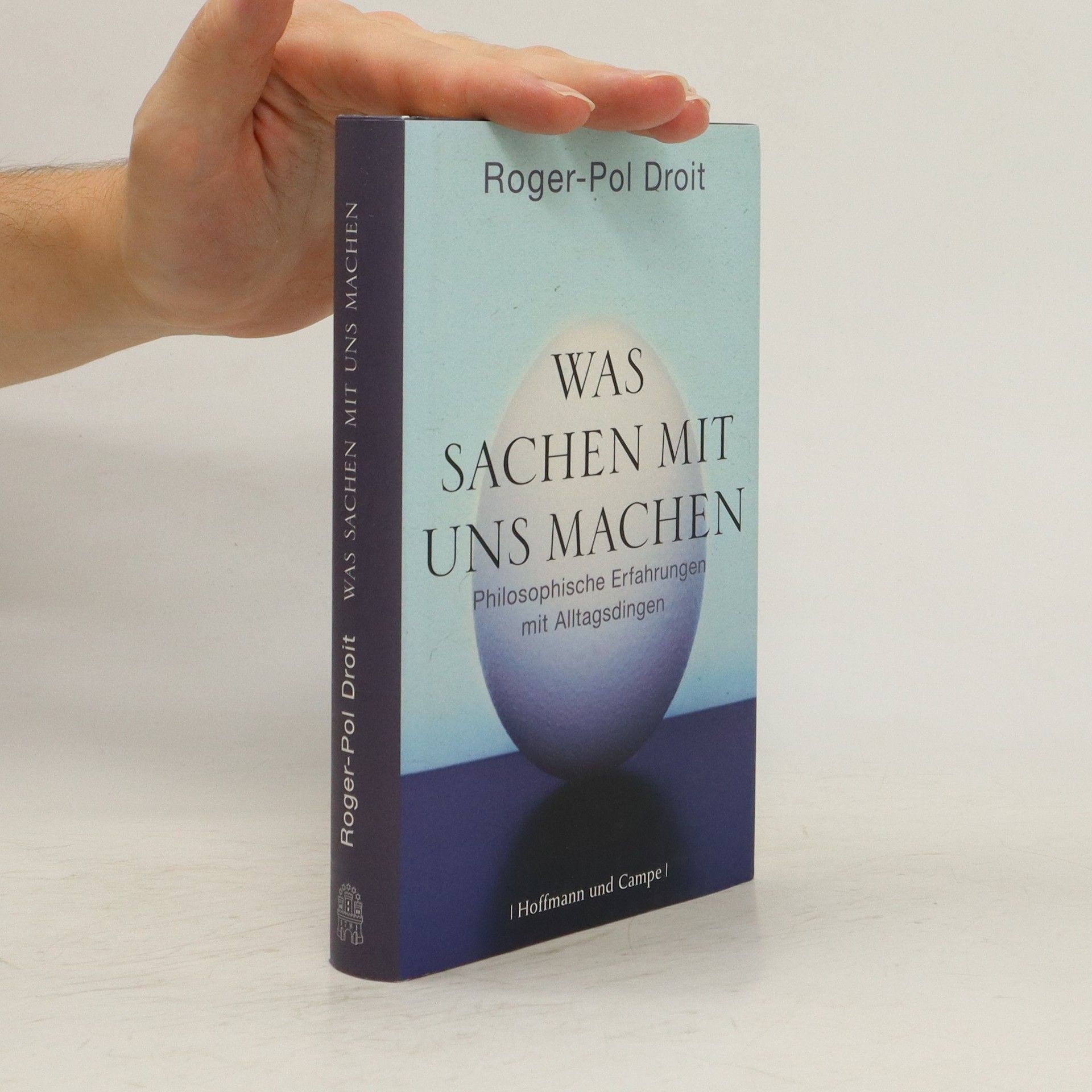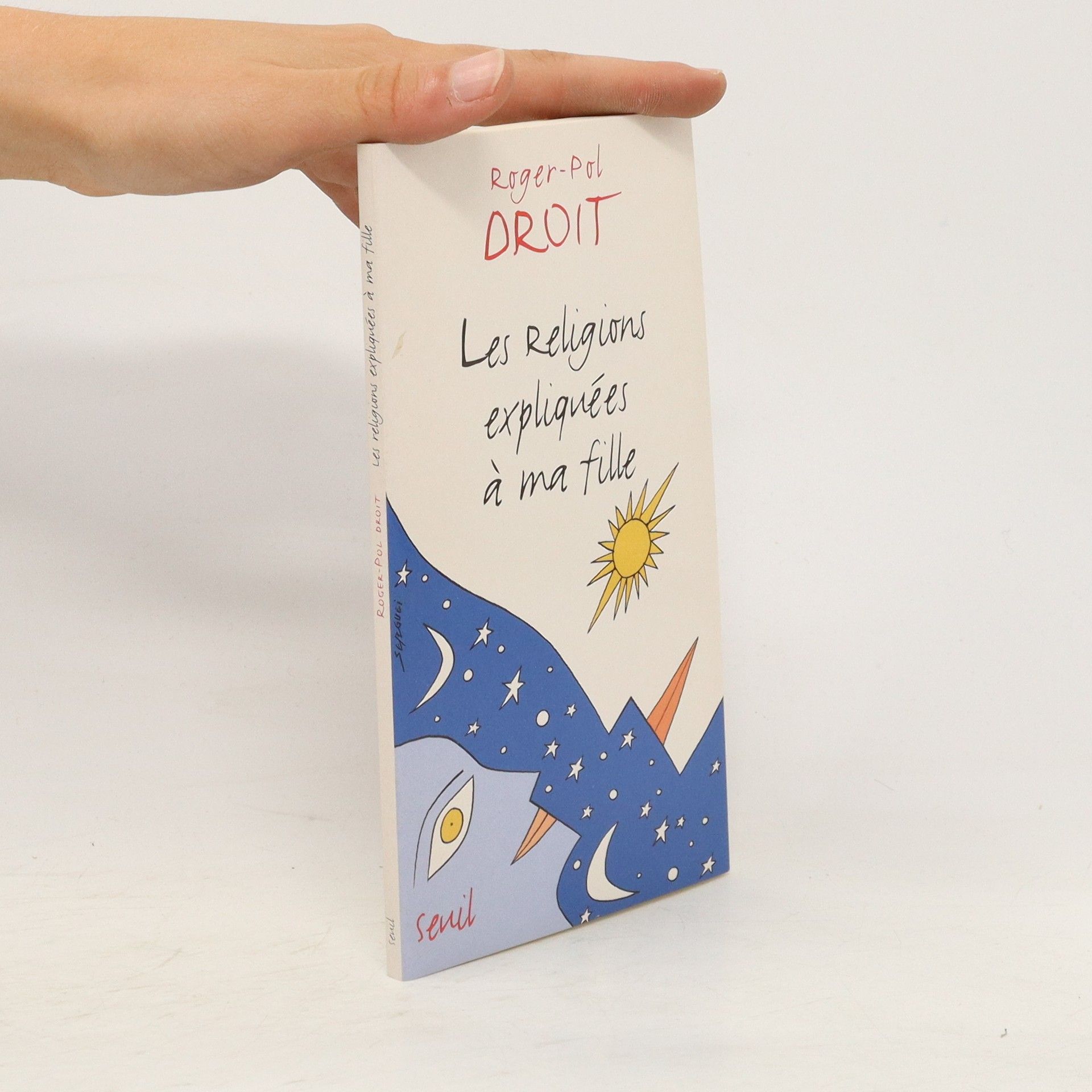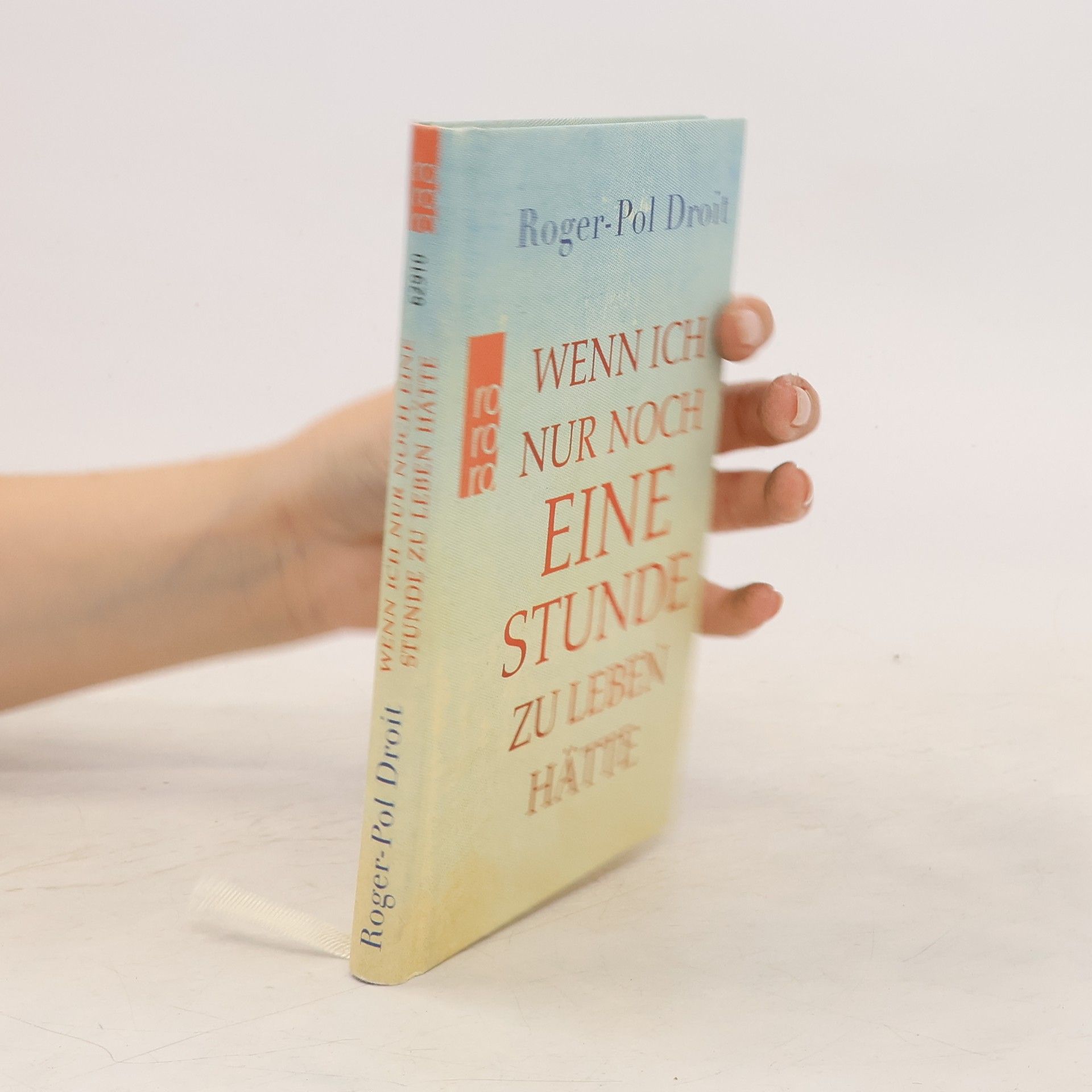Can we learn anything from the objects that surround us, the things we use in everyday life? If you look closely, yes. They may ignore us, they mostly outlive us, but they are the secret sharers of our days, as close to us as our spouses, our pets, our bodies, our selves. Things coexist with us, they store meanings for us - memories, desires - but do they inhabit the same world? Are they alive or dead? Do they have language? Can we make friends with them? Over the course of one year Roger-Pol Droit assigned himself an to keep a cross-border record of his meetings with unremarkable sunglasses, an alarm clock, a chest of drawers, a train ticket, a statue, a tombstone, a wheelbarrow, a bottle-opener, a razor...This book is the diary of that quest. We might discover in these pages that a paperclip is a model of ethics, that a bunch of keys or a streeetlamp are figures of love; that a washing-machine offers a lesson on the migration of souls, and that there is wisdom in the umbrella. That we are not the only life on earth. Here, taking one thing at a time, are fifty close encounters.
Roger-Pol Droit Libri


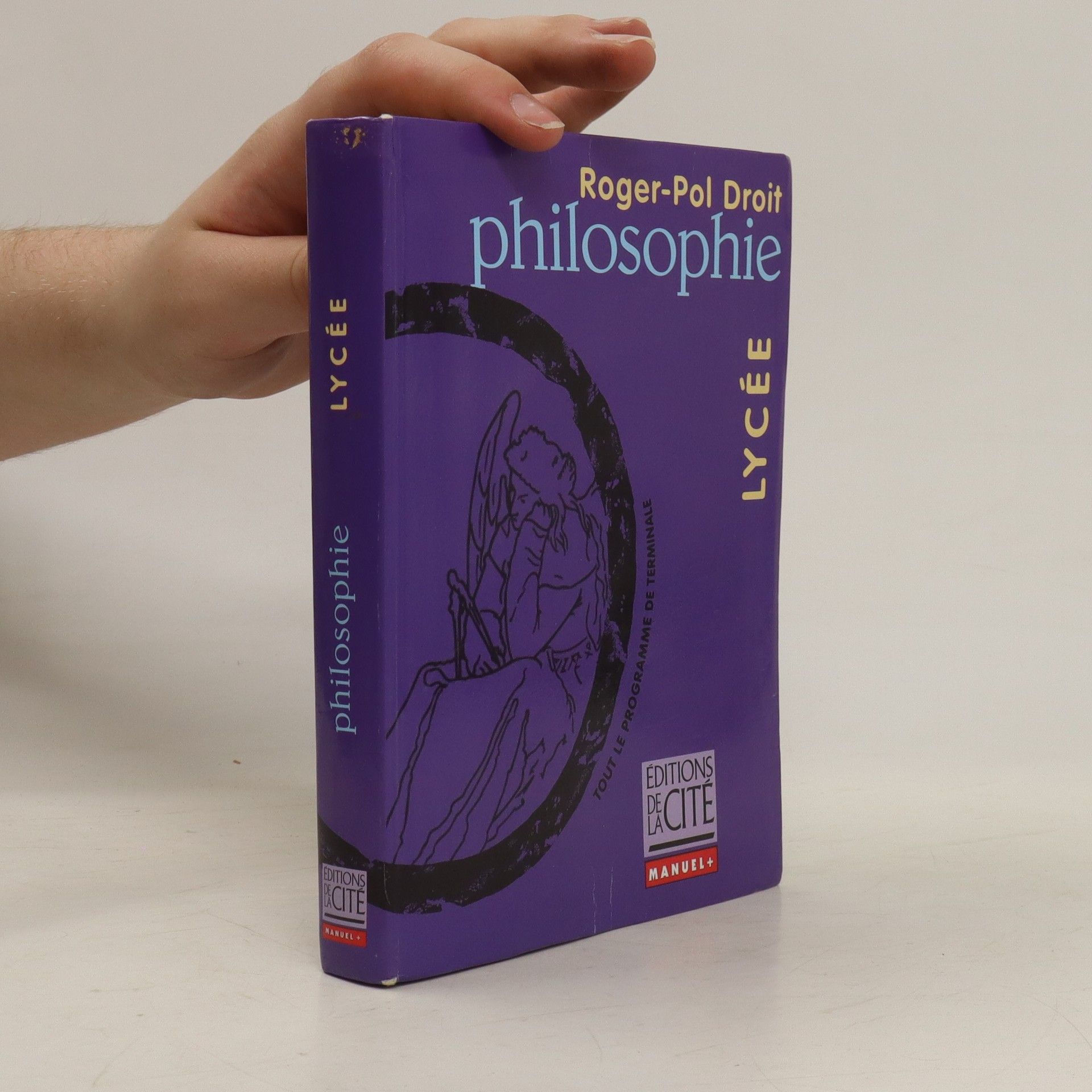
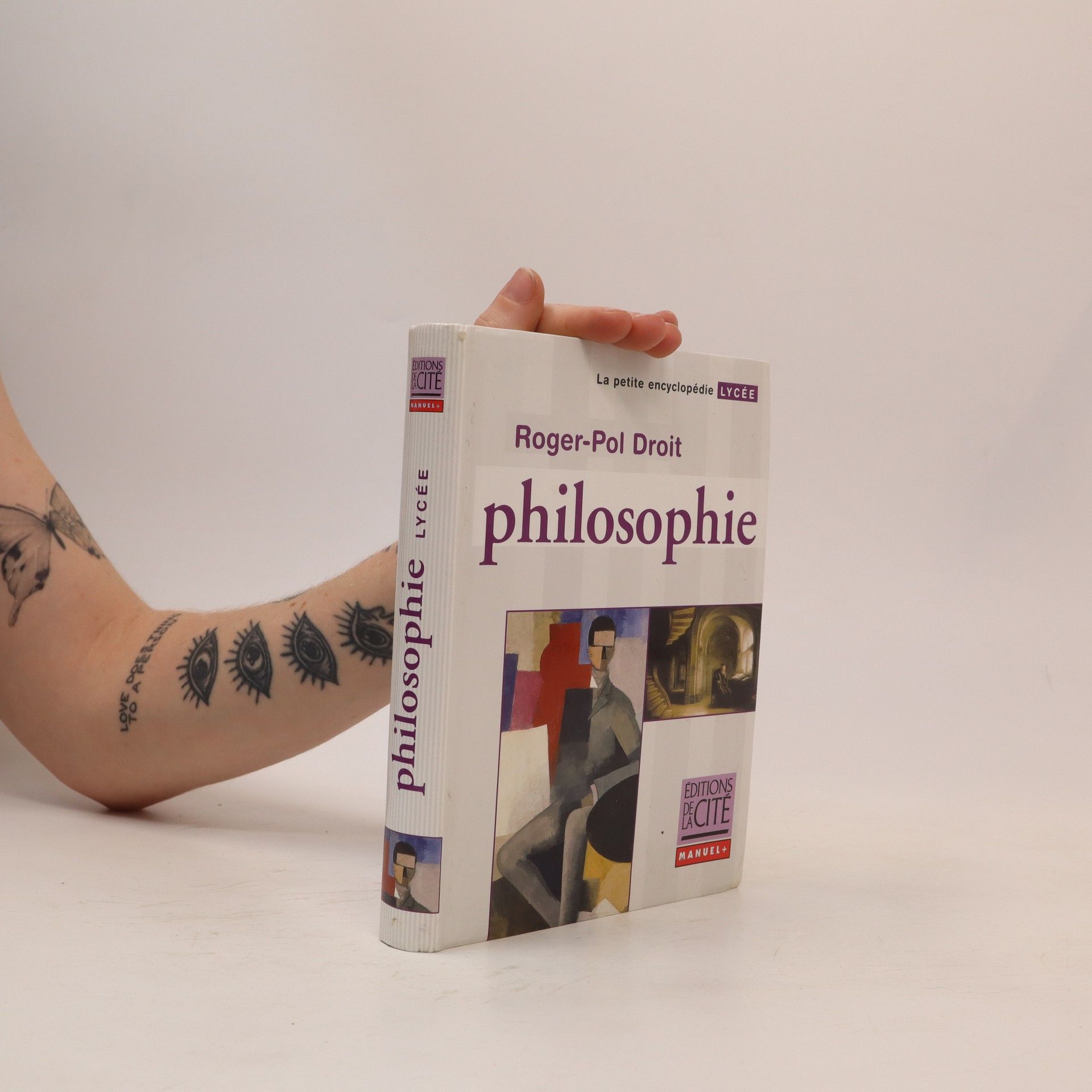
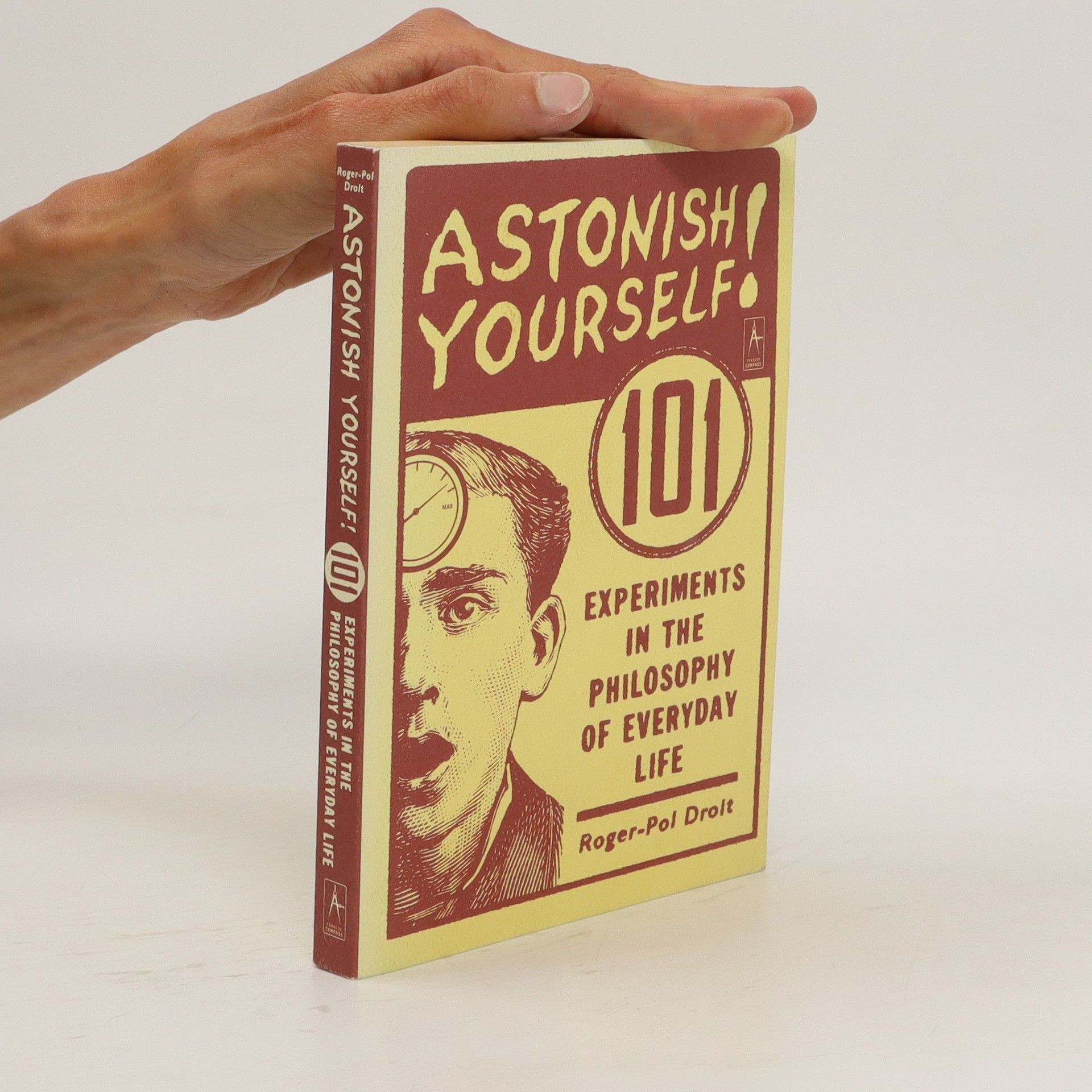
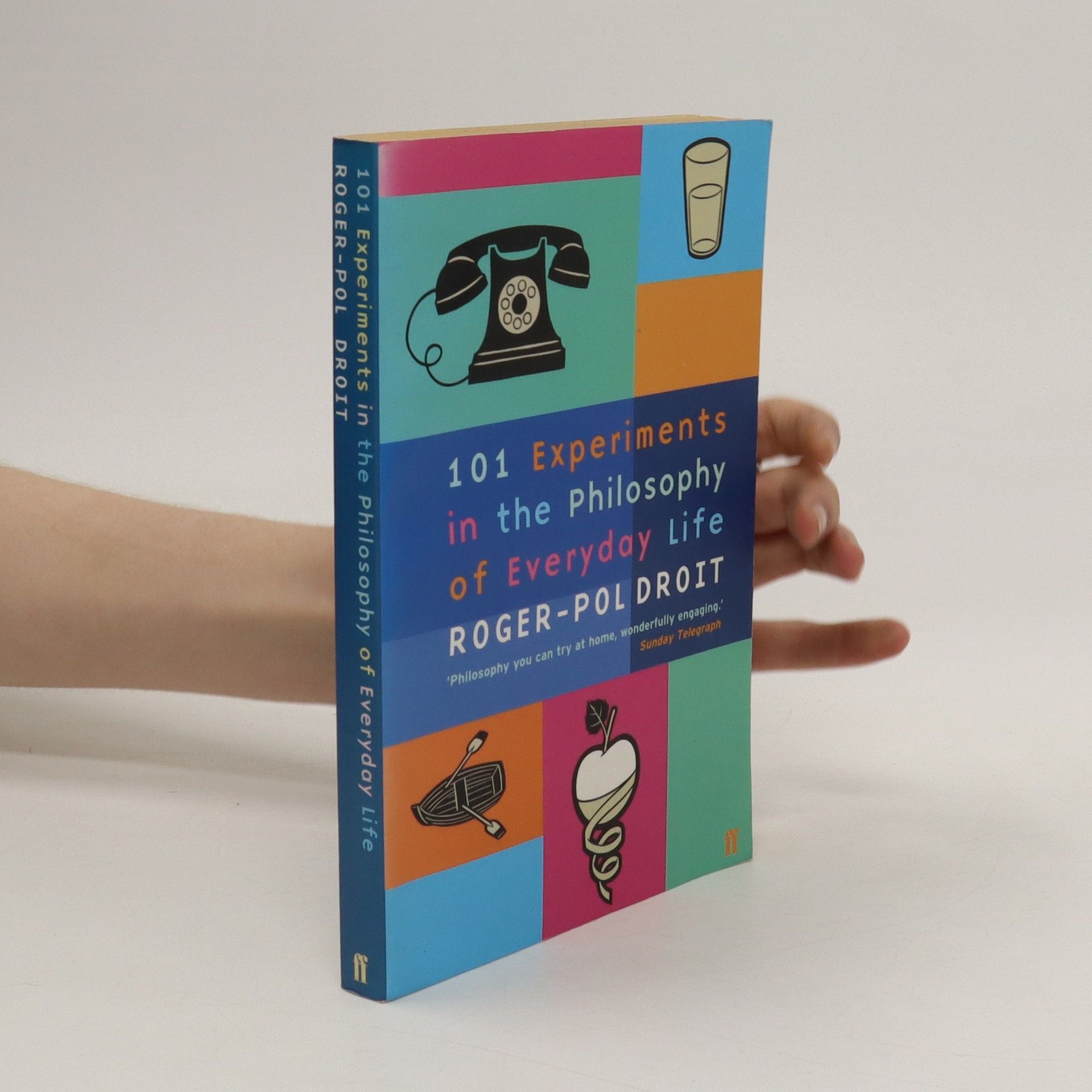
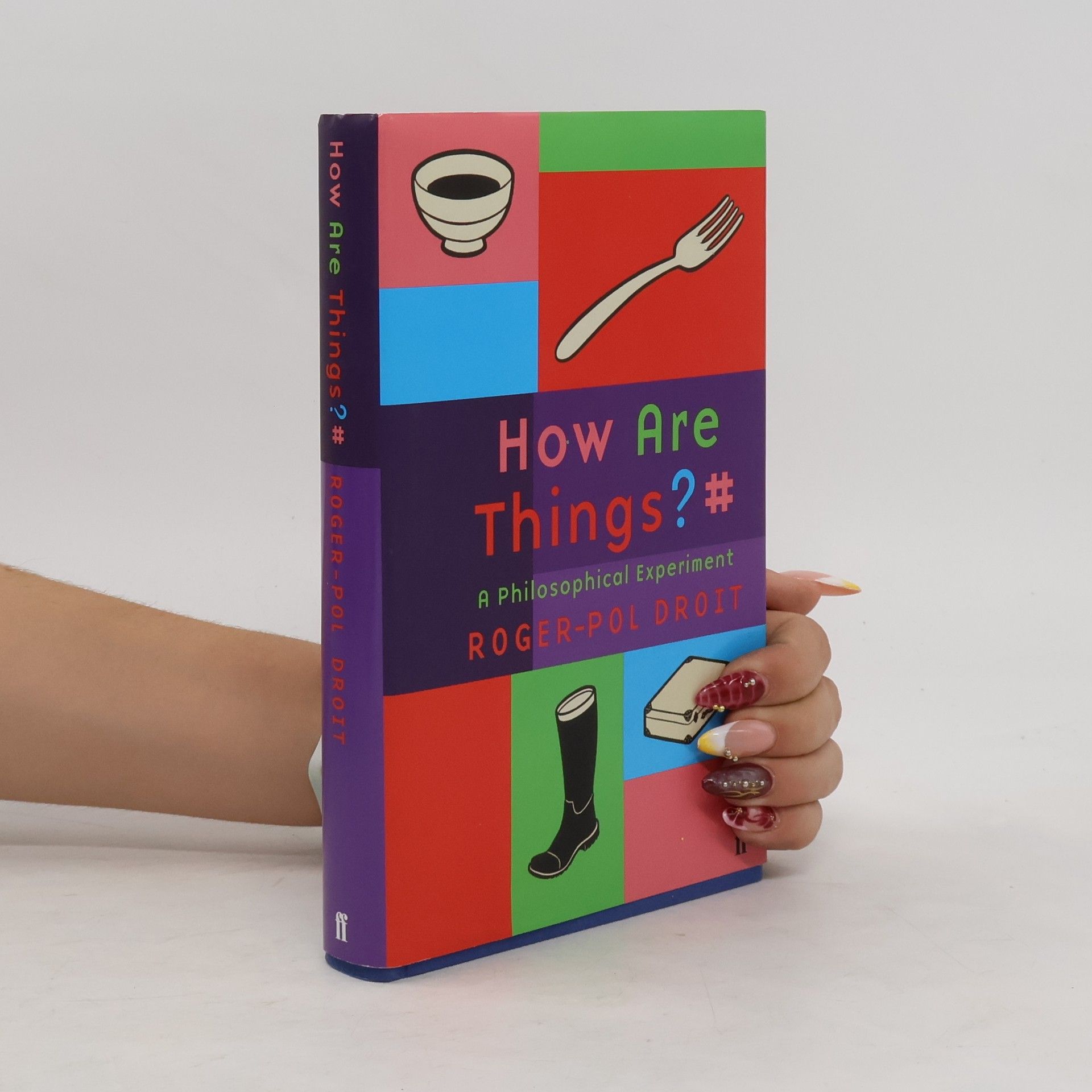
101 experiments in the philosophy of everyday life
- 224pagine
- 8 ore di lettura
Roger Pol-Droit's highly original book is a reassessment of our day-to-day engagement with life. In 101 short texts, written with limpid elegance, Droit invites us to reconsider our most ordinary actions as unexpected philosophical events: peeling an apple, trying to lie in a hammock, watching someone sleep, hearing your voice on an answering machine, playing with a small child - activities that, when considered outside of their routine, invite us to experience the familiar in startling new ways. Droit encourages us to go further: pretend to be an animal of your choice, create a wall with your hands, try to walk around your room in total darkness, spend time in the Underground - and observe your oddity.
Say your name aloud to yourself in a quiet room. Imagine peeling an apple in your mind. Take the subway without trying to get anywhere. The simple meditations in this book have the potential to shake us awake from our preconceived certainties: our own identity, the stability of the outside world, the meanings of words. At once entertaining and startling, irreverent and wise, this book will provoke moments of awareness for readers in any situation and in all walks of life. Enter the space of your favorite painting. Watch someone sleeping. The world won't look the same again.
Philosophie, lycée
- 591pagine
- 21 ore di lettura
La collection Manuel + présente l'ensemble du programme du lycée dans chaque discipline. Repères essentiels, analyses précises, ouvertures documentaires, conseils méthodologiques sont réunis en un seul volume richement illustré et organisé en cinq parties distinctes : Bases ; ce qu'il faut savoir à l'entrée en 2de, Fil rouge ; pour comprendre le programme dans son ensemble, Points clés ; pour maîtriser les sujets de cours, Fiches pratique ; pour se documenter, Dico ; pour retrouver une définition, une notion.
Philosophie
- 575pagine
- 21 ore di lettura
5 parties à consulter pour acquérir des repères solides et essentiels : Bases en bleu, ce qu'il faut savoir à l'entrée en Terminale pour aborder la réflexion philosophique ; Fil rouge en rouge, un guide pour apprendre à penser et à philosopher aujourd'hui, une introduction aux idées et au raisonnement philosophiques ; Points clés en orange, les principales notions ou problèmes et le point de vue des philosophes ; Fiches pratiques pour retrouver immédiatement une définition, une notion ou la biographie des grands philosophes ; Dico en vert, pour retrouver immédiatement une définition, une notion.
Im Dialog mit seiner sechzehnjährigen Tochter beantwortet Roger-Pol Droit die Grundfragen der Philosophie.§Philosophie ist ein Wort, das häufig Angst macht. Wir erwarten furchtbar komplizierte Fragen, ein unverständliches Vokabular, Bücher, deren Titel wir noch nicht einmal verstehen. Ein ganz eigenes Universum, das ein paar abgehobenen, fast schon außerirdischen Spezialisten vorbehalten ist.§Doch wer das glaubt, täuscht sich. Denn wir alle, insbesondere wenn wir Kinder oder Jugendliche sind, fragen uns nach dem Sinn des Lebens, des Todes, der Gerechtigkeit, der Freiheit und anderer wichtiger Dinge. Dieses Buch soll Jugendlichen, die wissen möchten, was es mit dieser Tätigkeit unseres Geistes auf sich hat, wirklich von Nutzen sein. Denn die Philosophie ist eine unerschöpfliche Quelle der Freude, des Staunens und der Freiheit.
Ein origineller Ausflug in die Welt der Philosophie Haben Sie bemerkt, dass ein Schlüsselbund von der Liebe sprechen kann? Wussten Sie, dass eine Waschmaschine mitunter von Seelenwanderung erzählt und der Einkaufswagen von der Verwirrung der Gefühle? Was Dinge überhaupt sind und welche Beziehung wir zu ihnen haben, das erklärt der bekannte Philosoph Roger-Pol Droit in seinen erhellenden Alltagsexperimenten. Entdecken Sie die magische Welt der Dinge, in der auch ein Wecker zum Staunen verleiten kann. „Mit diesem Buch wird der Philosoph fast zum Romancier.“ Livres Hebdo
Et si Platon revenait...
- 320pagine
- 12 ore di lettura
Platon observe nos smartphones, croise nos migrants, découvre les attentats terroristes, scrute nos dirigeants politiques. Roger-Pol Droit lui fait rencontrer Teddy Riner, Bob Dylan, Thomas Pesquet, l'emmène à la COP 21, au MacDo, à Pôle Emploi, au Mémorial de la Shoah, l'incite à visionner House of Cards, à écouter Emmanuel Macron et Donald Trump. Entre autres. Pour jouer ? Evidemment. Mais pas seulement. Cette promenade dans notre actualité du père fondateur de la philosophie permet de découvrir des traits essentiels de sa pensée, en expérimentant des écarts entre nous et lui, en testant ce qu'il comprendrait aisément, ou pas du tout. Finalement, ce périple montre ce que Platon nous indique d'essentiel, que nous ne verrions pas sans lui. Rédigé sous la forme de trois carnets écrits au jour le jour, dans une langue accessible et élégante, ce livre se révèle peu à peu bien autre chose qu'un divertissement. L'air de rien, il développe une méditation vivante, personnelle et profonde sur les usages de la philosophie, ses impasses et ses zones d'ombre, sa nécessité et ses bienfaits.
Les religions expliquées à ma fille
- 61pagine
- 3 ore di lettura
Pourrait-on comprendre le monde d'aujourd'hui, mesurer la difficulté des cohabitations et la richesse des cultures humaines sans rien savoir du religieux ? Au-delà des questions de foi et de croyances, les religions demeurent une dimension fondamentale de l'expérience humaine.
Wenn ich nur noch eine Stunde zu leben hätte, was würde ich tun? Was würde ich denken, spüren, begehren? Was würde von mir bleiben? Roger-Pol Droit unternimmt in diesem Buch ein radikales philosophisches Gedankenexperiment. Klug, präzise, mit Sinn für Humor und poetischer Kraft spürt er der Frage nach, was am Ende wirklich zählt. Das Buch ermutigt den Leser, seine ganz persönliche Bilanz zu ziehen und sich zu erinnern, zu träumen und den Sinn des Lebens zu ergründen.
